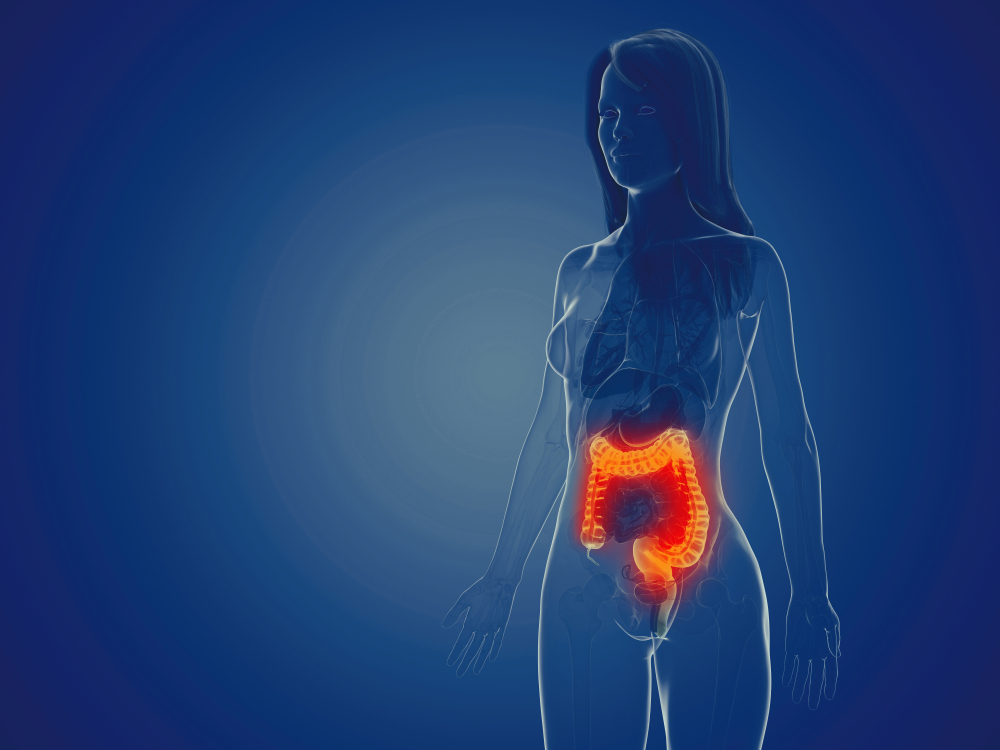Inflammatory Bowel Disease and Fertility

Inflammatory bowel disease (IBD), including both Crohn’s disease and Ulcerative Colitis, affects over 3 million people in the United States. This condition is marked by an auto-immune inflammation of the gut that typically come in waves with periods of active disease, known as flares, and periods of remission. Significant advances have been made in controlling IBD to allow you to achieve and maintain remission. This gives you the opportunity to focus on your personal goals outside of IBD, such as family building. IBD frequently coincides with the reproductive years and it is no surprise that fertility and pregnancy can lead to significant concern. However, with the right medical team behind you, conceiving and maintaining a healthy pregnancy is well within reach.
With IBD and pregnancy, timing is everything. When IBD flares, it may cause inflammation and nutritional deficits that lead to trouble with ovulation and difficulty conceiving. During this time your gastroenterologist (GI), high risk pregnancy doctor, and fertility doctor will work together to gain control of your disease and optimize your health for pregnancy. When remission is achieved, you typically regain normal ovulation and fertility is likely to be restored. When planning for pregnancy, it is important to discuss your medication regimen with your GI and high risk pregnancy doctor in a preconception visit. You and your doctors will put together a treatment plan that will set you up for success in both fertility and pregnancy.
Despite good disease control, those with prior bowel surgeries are still at risk for infertility due to scarring of the fallopian tubes. In IBD patients with a history of abdominal surgeries, it can be important to confirm whether or not your fallopian tubes are open, through an X-ray test called a hysterosalpingogram, before trying to conceive. The bowels, and particularly the lower GI tract, live next to the female reproductive organs in the pelvis. After bowel surgery or infection there is scar tissue that forms in the abdomen. Scar tissue can impact adjacent structures, potentially leading to blockage of the fallopian tubes and this makes it impossible for the sperm and egg to meet for natural conception. In these cases, in vitro fertilization (IVF) is the best option, as it bypasses the fallopian tubes. Fortunately, IBD does not seem to have an effect on IVF success and live birth rates. In fact, patients with IBD have similar IVF success rates to peers of the same age going through IVF without IBD. For IBD patients, if a fallopian blockage is found it is best to go straight to a fertility specialist before trying to conceive on your own to discuss treatment options.
While living with IBD can be difficult at times, rest assured that getting pregnant and having a healthy baby is certainly achievable. With a team of support from your healthcare providers, fertility and pregnancy outcomes are excellent. Remember to set yourself up for success by carefully planning the right time to conceive when you are medically and nutritionally at your best. An important option for you to consider is fertility preservation by freezing eggs or embryos. This allows you to work on IBD control while maintaining your fertility options. By having eggs or embryos frozen, you can also shorten the time to pregnancy when you are at your healthiest.
